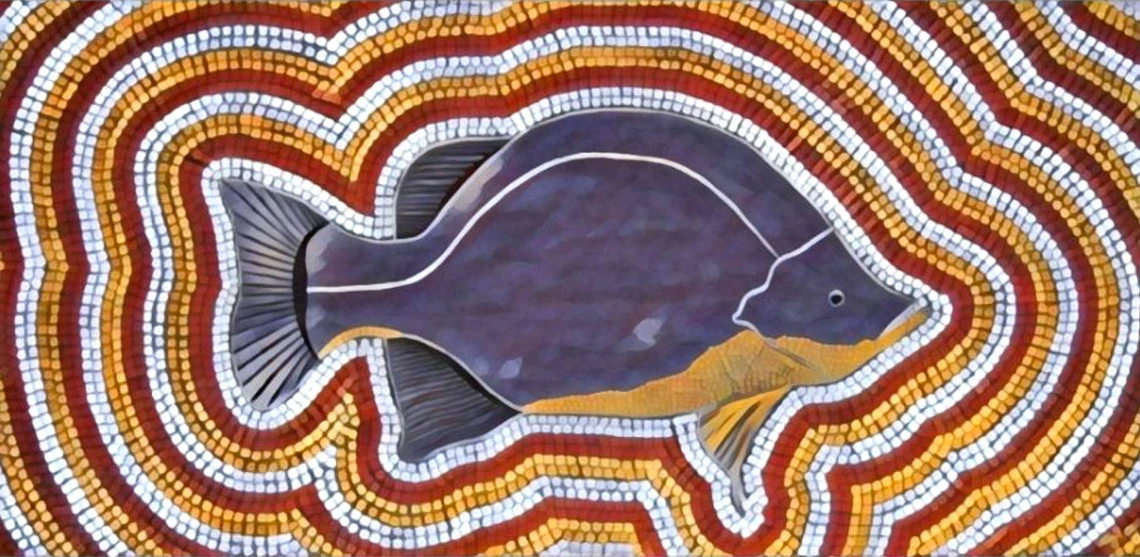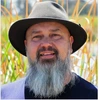Co-Sponsored by the UArizona Indigenous Resilience Center

Image: Kamilaroi painting of a Thagaay, Golden Perch or Yellow Belly (Moggridge, 2004)
When
Where
Speaker(s)
Indigenous knowledge and methodologies are a missing component in water management in Australia. On this dry, flat, and ancient continent, Traditional Knowledge has been passed on from generation to generation for millennia (over 65,000 years). This is a profound reliance on knowledge of surface and groundwater, which has been critical to ensure the survival of Indigenous peoples in a dry landscape through the role of traditional knowledge in finding and protecting water places. Indigenous knowledge and methodologies can provide new (but old) evidence that is culturally appropriate, and which generates a cultural safe space with Indigenous researchers and communities leading.
The aim is to shift the research paradigm away from Indigenous peoples being the researched under non-Indigenous research methodologies to becoming the researchers. This allows the Indigenous scientist to derive the terms, questions, and priorities of what is being researched, how the community is engaged, and how the research is delivered. This special event presentation is co-sponsored by the WRRC and the Indigenous Resilience Center.

Bradley Moggridge is a proud Murri from the Kamilaroi Nation living on Ngunnawal Country in Canberra, Australia. He is an associate professor in Indigenous Water Science at University of Canberra, researching how traditional knowledge will influence the way we manage water and how it can bring back good water. He has won several awards, has presented widely, published in his area, and is on many committees — from local to international —adding to his 25 years in water and environmental science, cultural science, regulation, water planning, and management, including policy development, legislative reviews, applied research, and project management. Moggridge hopes to encourage future generations to pursue interests in STEM, promote his ancestors' knowledge of water, and mentor emerging Indigenous scientists.

